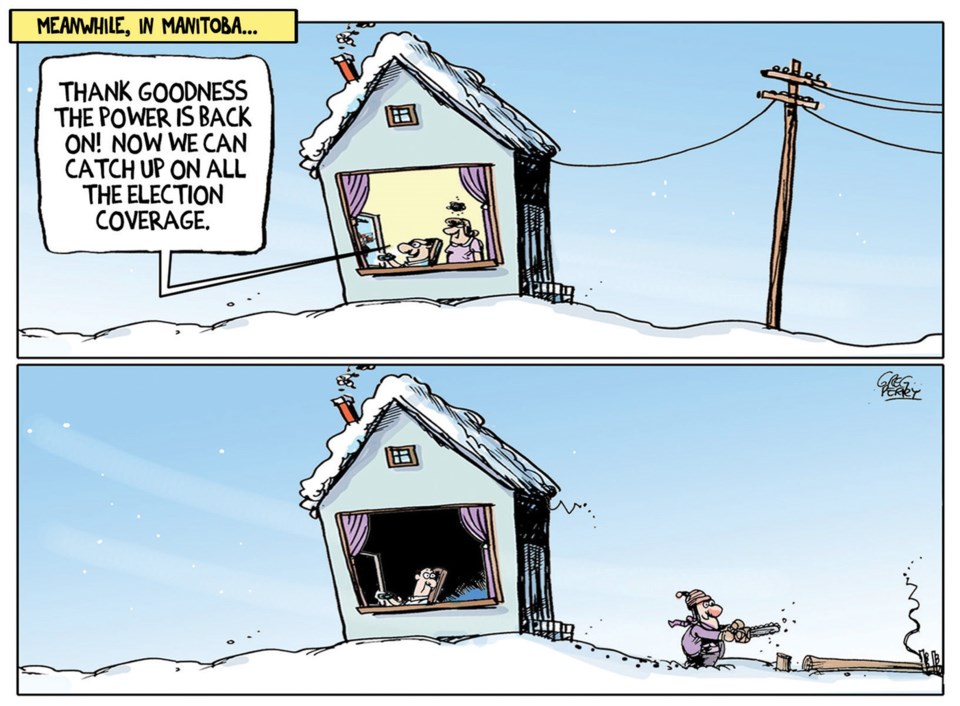The record high turnout for the advance polls could signify a lot of things – including a strong desire by Canadians to replace the incumbent government – but our guess is that many voters just wanted to get it over with.
It’s been a short and nasty campaign, characterized by lowbrow attacks and unconvincing promises, and it has exposed serious divides within the country. Between regions, the separatist Bloc has been resurrected as a force in Quebec and an organization called Wexit is poised to launch a full-fledged Western Canada separatist movement if Justin Trudeau is re-elected on Oct. 21. Between voters, many self-identified progressives and conservatives are barely on speaking terms and are more likely to trade insults than insights.
Yet, if the aggregate polling numbers are an accurate indicator, one thing Canadians have in common is they don’t believe any of the political parties has earned the power to govern. The latest projections show seat counts almost laughably deadlocked, with the Liberals and Conservatives tied but each a full 40 seats shy of a majority – meaning they would need the support of at least two other parties to run the country.
But polls can be famously misleading. Our humble and unscientific Question of the Week online poll shows one in five voters are still undecided with just days to go before the election. Voters have a way of outsmarting the pundits and pollsters and delivering a result that seems so obvious in hindsight.
Monday will be the day of reckoning. It can’t come soon enough.



